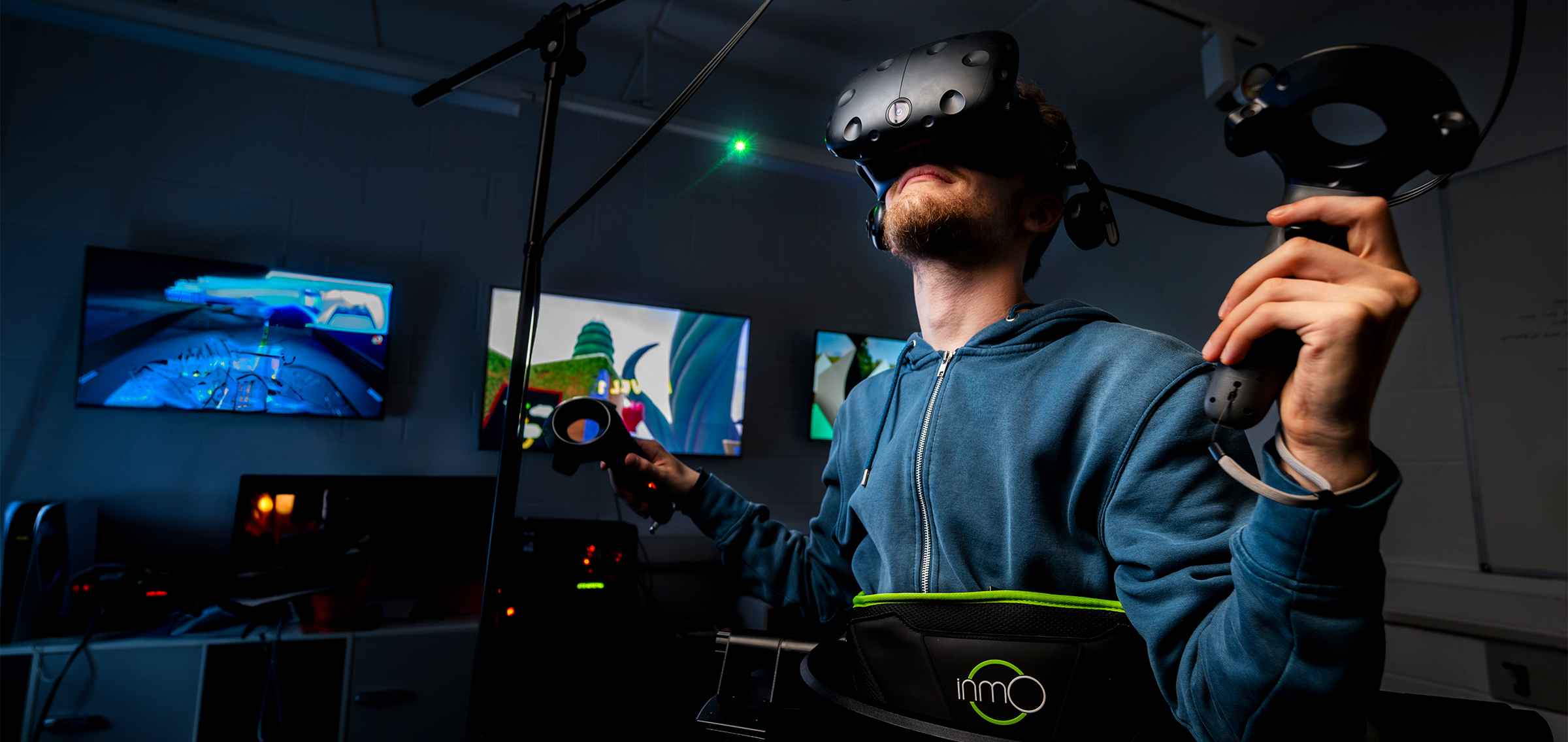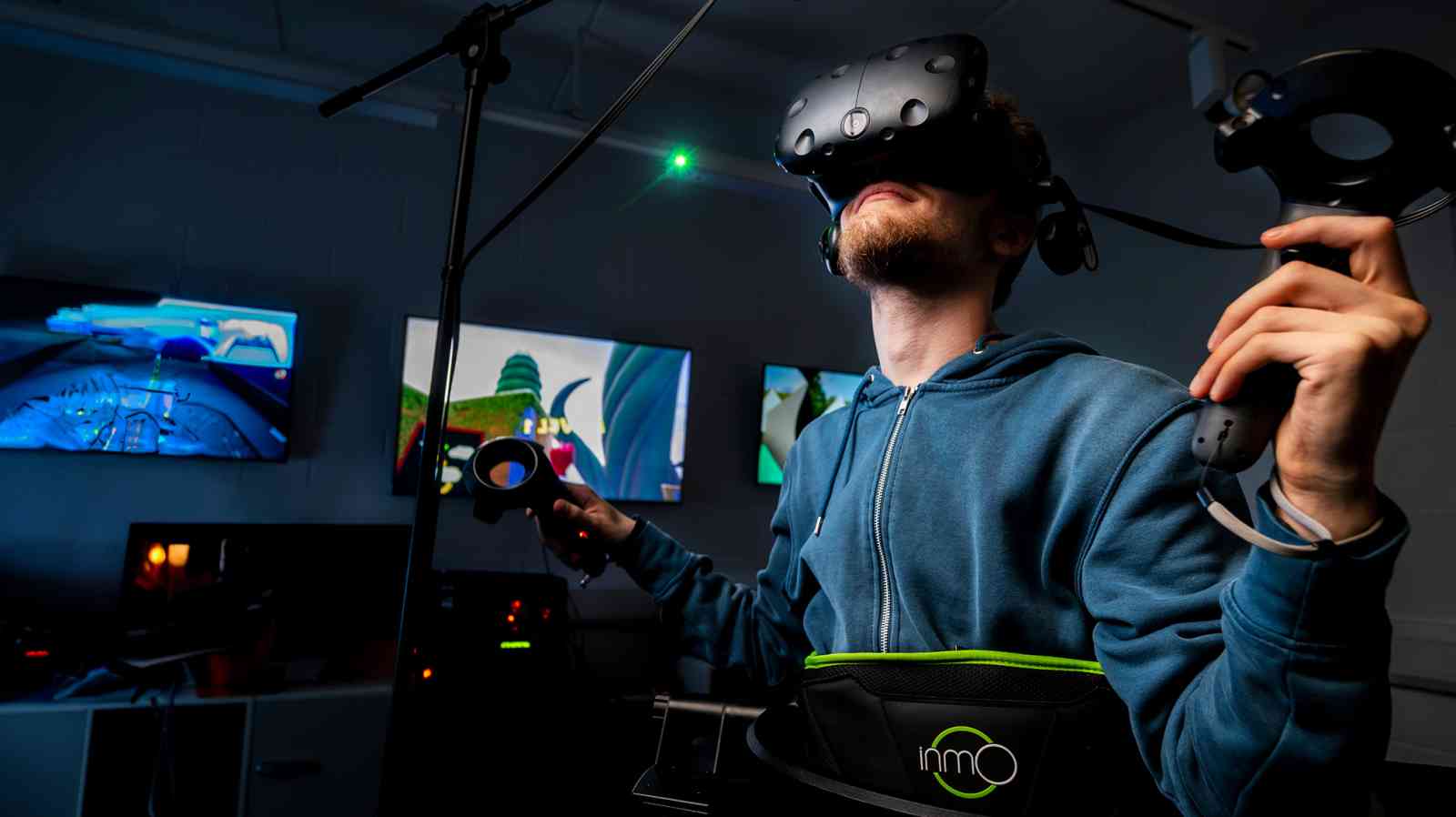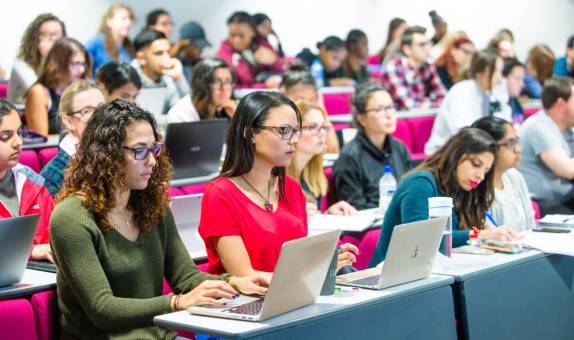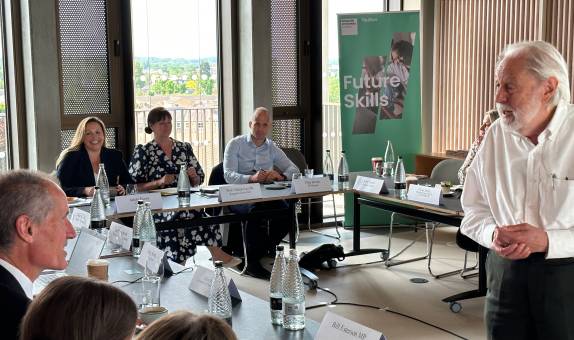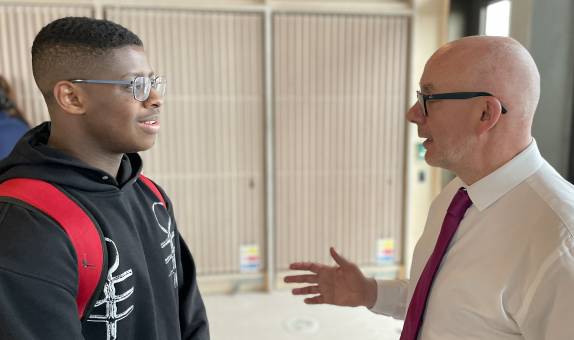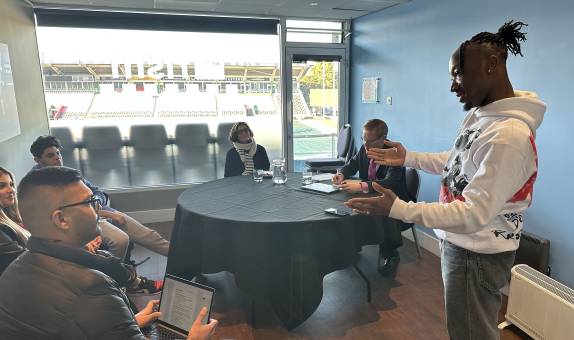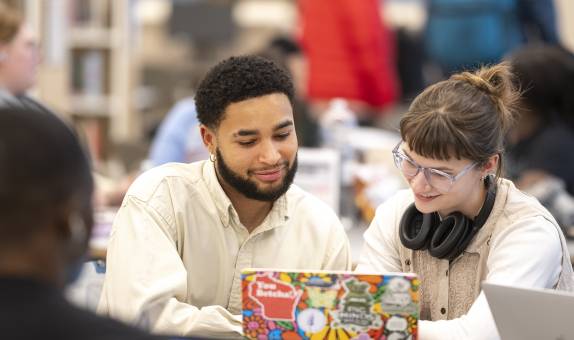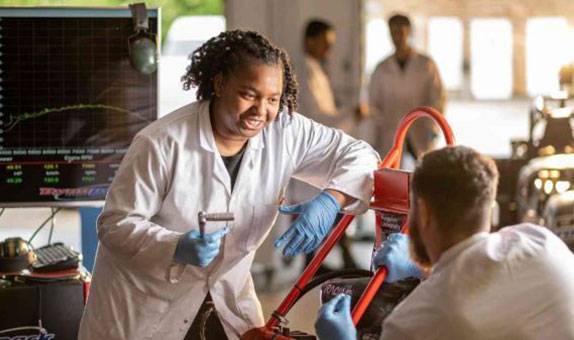Future Skills: The Kingston Approach
In a world increasingly dominated by artificial intelligence and other emerging technologies, Kingston University remains firmly at the forefront of a national conversation highlighting the urgent need for skills development to be embedded across higher education.
Over the course of the past three years, the University's Future Skills campaign has championed the importance of skills for innovation and their vital role in driving a thriving national economy. We have now released our latest report, Future Skills: The Kingston Approach, in which, working in partnership with YouGov, we have surveyed more than 2,000 business and industry leaders, 1,000 current full-time students and 2,000 members of the wider public.
This research confirms the economic imperative of embedding Future Skills, not only across our own curriculum, but also across the wider higher education sector to provide employers with the skills they most value and prepare graduates for career success in a rapidly changing digital-first world.
Through the Future Skills module, I've been able to explore the evolving skills needed for career success. I've become much more aware of the importance of adaptability, critical thinking and digital literacy.
Daunté Redway, Mechanical engineering student
Future Skills gives students a practical knowledge of skills, such as creative thinking, problem solving, communication and collaboration, that we need to develop both at university and outside our studies.
Priyanshi Goyal, Accounting and finance student
Artificial intelligence has made more urgent the already significant challenge of ensuring students have the skills to succeed in the modern workplace. Young people being educated today will go on to do jobs that don't yet exist, in sectors we can barely imagine, using tools entirely alien in the current business environment.
"It is no longer simply enough for universities to offer narrow, subject-based knowledge to students in preparation for their future careers. Instead, we need to equip our graduates with the skills to navigate a turbulent world that will continue to be disrupted. There is additionally a real need to look at AI from a human-centred perspective. There will be a premium on human skills that cannot be easily replicated by technology, such as creativity and critical thinking.
Professor Steven Spier, Vice-Chancellor, Kingston University

Our key asks
To ensure every student has the skills they need to succeed in a modern, AI-first world of work, we urge policymakers and the education sector to:

Support innovation

Deliver a sustainable funding model for the English higher education sector that supports high quality provision through innovations such as developing students' Future Skills. Ensure regulatory burdens are minimised for high quality provision and don't act as barriers to innovation.

Create the right environment

Align universities' teaching and learning missions with economic growth and innovation by moving them from the Department for Education to the Department for Science, Innovation and Technology and Department for Business and Trade. Remove regulation that stifles agility and innovation across the higher education sector.

Incentivise Institutions

Take a more flexible approach to enable businesses to adopt vital training through a range of mechanisms, encouraging greater collaboration and bolstering meaningful business partnerships between industry and universities.

Diversify and expand

Commit to increasing the delivery of Future Skills across the national school curriculum to expand pupils' horizons and extend their understanding of the attributes they need to acquire to thrive in a future-facing world.
Future Skills: The Kingston Approach launched at the House of Commons
Kingston University launched its latest Future Skills report during a special parliamentary event in December, attended by MPs, peers and a range of business leaders.
They heard more about how the University is instilling the Future Skills businesses most value across its undergraduate degrees to ensure students are ready to navigate the latest advances in the workplace, including the impacts of artificial intelligence and other emerging technologies, as soon as they embark on their careers.
The Future Skills student journey
Kingston University has identified nine attributes it will instil in its future graduates – creative problem solving, digital competency, being enterprising, having a questioning mindset, adaptability, empathy, collaboration, resilience and self-awareness. It aims to ensure all students can demonstrate the full set of attributes in a variety of contexts by the time they graduate, to boost their employability and ability to make a meaningful contribution in their workplaces and wider society.
From September 2023, every first year undergraduate has been studying and being assessed on a Future Skills module as a core part of their degree. In each new academic year, our students will continue to learn and be assessed on their Future Skills, until all undergraduates have completed the three-year programme.
Navigate has helped me with my career, particularly because it has enabled me to work on my graduate attributes through self-reflection. I now have a part-time job in the music industry, which is benefiting my studies as well as giving me vital extra experience.
Francesca Williams, Music technology student
What I found especially inspiring about the Future Skills Navigate module was its practical orientation. It didn't just identify the necessary skills, it gave actionable steps and resources to cultivate them. It guided me in crafting a well-structured career plan.
Naveen Shah, Mechanical engineering student
Get involved
- Email us at futureskillscampaign@kingston.ac.uk
- Read the new 2023 Future Skills report
- Join the conversation on social media, using #FutureSkills and #TownHouseStrategy
- Find out more about our Future Skills campaign
